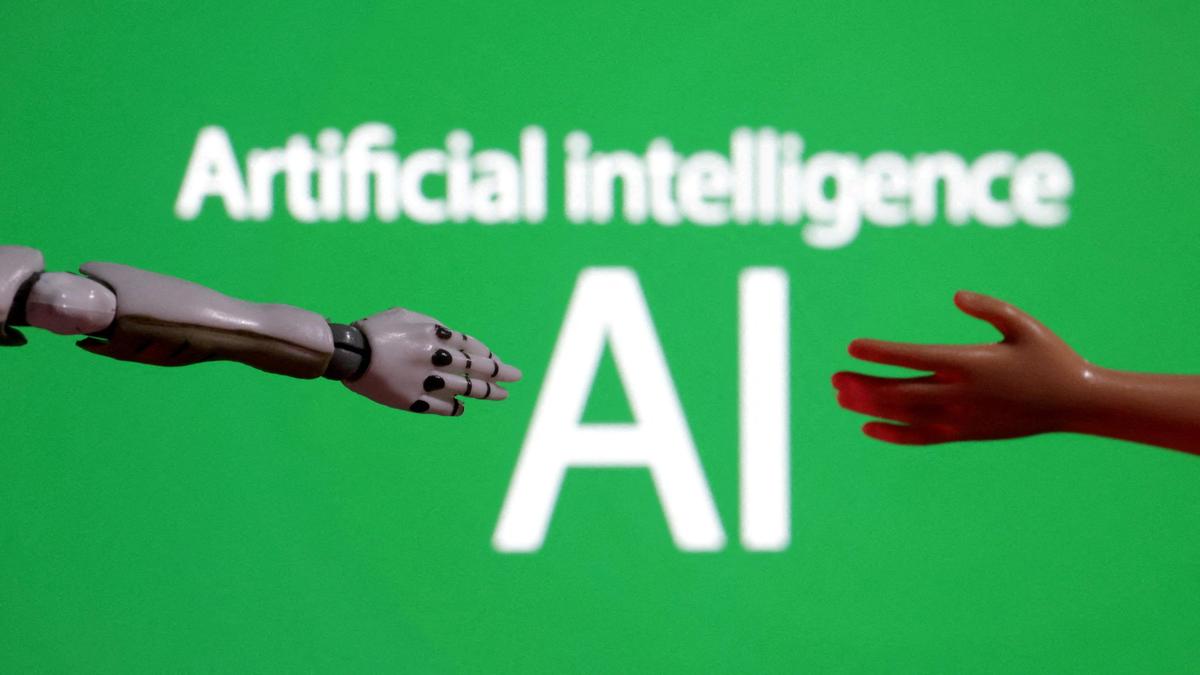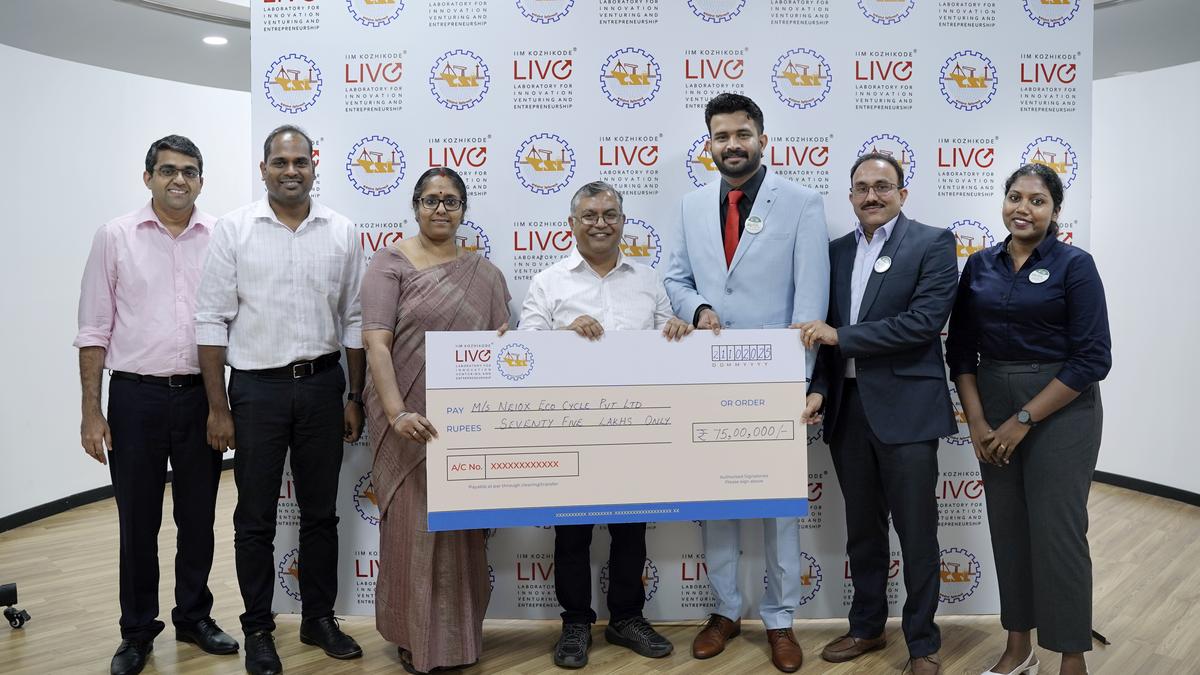Copyright thehindu

Advocating a hands-off approach to the regulation of artificial intelligence in the country, the Ministry of Electronics and Information Technology (MeitY) released the India AI Governance Guidelines on Wednesday (November 6, 2025). The document is a significantly changed revision of a framework put out for consultation in January this year. The report was drafted by a committee formed in July and headed by Balaraman Ravindran, the head of the Department of Data Science and Artificial Intelligence at IIT Madras. The broader group that worked on the previous framework was headed by Principal Scientific Adviser Ajay K. Sood. The guidelines will “be a cornerstone in developing AI for India, and can be a role model for AI governance globally,” MeitY Additional Secretary Abhishek Singh said. Also Read | IT Ministry proposes mandatory labelling of AI-generated content on social media Innovation with guardrails The report emphasises seven principles for AI: trust, people-centricity, “responsible innovation,” equity, accountability, understandability of LLMs, and “safety, resilience and sustainability.” Mr. Ravindran stressed that the governance guidelines seek to signal India’s largely hands-off approach to AI. “We’re calling this the AI Governance Guidelines, not AI regulation or anything like that, because we don’t want it to be viewed as something that throttles AI adoption in India,” he said. “It’s as much about enabling adoption and making it impactful for India.” While the previous framework laid emphasis on minimising risks inherent in deploying AI, the current model scales this back to promoting innovation with guardrails. The report also strips away much of the previous work done by NITI Aayog and the Organisation for Economic Cooperation and Development that was foundational to the earlier draft framework’s approach. ‘No immediate plans for AI law’ In the long term, the report says, new laws should be drafted based on “emerging risks and capabilities” of AI systems. Responding to reports on the government considering a new AI law, IT Secretary S. Krishnan indicated that there were no immediate plans, but as and when there would be an urgent need for such legislation, the government would act swiftly. The report’s launch comes as part of the government’s steady flow of “pre-events” for the Delhi AI Impact Summit to be held in February 2026, an international gathering that has been preceded by similar events at Bletchley Park in the U.K., as well as in Seoul and Paris. COMMENT | The approach to regulating AI in India India-specific risk framework The report has six recommendations in addition to the seven principles: expand access to AI infrastructure and “leverage the power of digital public infrastructure for scale, impact and inclusion”; build capacity by skilling in AI; “adopt balanced, agile and flexible frameworks” as far as regulating AI is concerned; mitigate risks by looking at “India-specific” factors that need to be addressed; boost accountability in the AI ecosystem by requiring “greater transparency… about how different actors in the AI value chain operate”. In the short term, the report recommends establishing “key governance institutions,” developing some of the India-specific risk frameworks mentioned above, and increasing access to AI safety tools. In the “medium term,” the report recommends amending laws and regulations as needed, operationalising AI incidents systems for cybersecurity purposes, and integrating DPIs like Aadhaar with AI.



